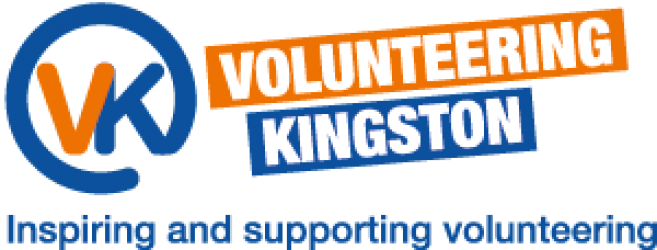Richard Williams
Chair of Trustees, Learn English at Home
Learn English At Home (LEAH) provides one on one English tuition to disadvantaged migrants and refugees in the SW London boroughs of Kingston, Richmond, and Hounslow. Richard initially volunteered as a tutor with LEAH when he retired from his career in the Civil Service. He explained that the experience gave him a “real appreciation of the benefits LEAH brought to migrant communities in the area, and of the needs of and problems experienced by those communities”.
When the opportunity to become a trustee of LEAH arose, Richard jumped at the chance. We asked him about his experience of being a trustee, and more recently, the Chair of the Board. We asked Richard what it really takes to become a Trustee.
What do your responsibilities look like as a trustee?
My main role recently has been contributing to and chairing meetings about the charity’s work and its future strategy. I chair the Board of Trustees and attend other committees – we run a Programme Development Committee, a Fundraising Committee, and a Finance Committee. As well as contributing to the charity’s future strategy, I attend fundraising events, speak about the charity’s work to local stakeholders, and become involved in discussions with local stakeholders and funders. I also line manage the charity’s Director. I think one of the functions of the Chair is to raise the profile of the charity and to spread information about its work, and I always seek ways of doing more of this.
What has been the best thing about being a trustee?
It has been really good to work with a group of people who are genuinely committed to improving a lot of disadvantaged communities and promoting social cohesion in what seems a difficult time for migrants. I’ve been impressed by the successes we have achieved, and by the stories our students bring about how improving their English has enriched their lives.
What hopes do you have for the Board’s future?
We are an inclusive Board, although hardly as diverse as our client communities. I hope that we will be able to enrich the Board with new and more diverse talent in the coming months and years.
How has COVID-19 impacted on your role as a trustee this past year?
This has indeed been a turbulent year. We have had to change the ways we work in so many ways. I am proud of the way we have turned what was a face-to-face service into a remotely-delivered one, which continues to benefit many of our disadvantaged clients. Trustees have been very active in keeping abreast of this and acting as a critical friend to the Director as she has introduced these changes. Trustees’ meetings have also become virtual, which presents some challenges in managing a busy agenda. There is a plus side, however, our new ways of working have given us many ideas about how to deliver new and better services in the future, and thereby enrich the support we give to our students – and that can only be a good thing.
Would you recommend becoming a trustee to other people?
Being a trustee offers a real and important way of contributing to society and our local communities – the opportunity to develop and expand networks in the local community, and to develop links, and sometimes friendships with other people working with disadvantaged groups. The work is interesting and although it takes some time and effort, it is very worthwhile.



